


يتم تمويل مشروع "تطوير أنظمة إنتاج نخيل التمر المستدامة في دول مجلس التعاون الخليجي" من قبل أمانة مجلس التعاون الخليجي ويهدف إلى خلق المعرفة والممارسات الجديدة لتحسين أنظمة إنتاج النخيل في منطقة الخليج
The Development of Sustainable Date Palm Production Systems in Gulf Cooperation Council Countries project is funded by the Gulf Cooperation Council Secretariat (GCC) and aims to produce new knowledge and practices to improve date palm production systems in the Gulf region.
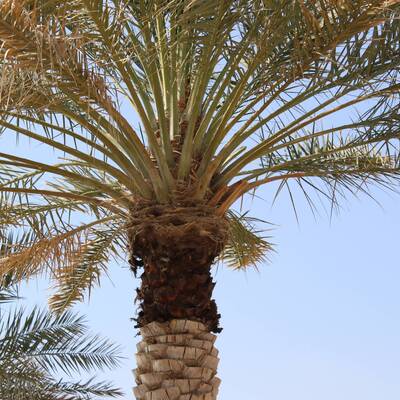
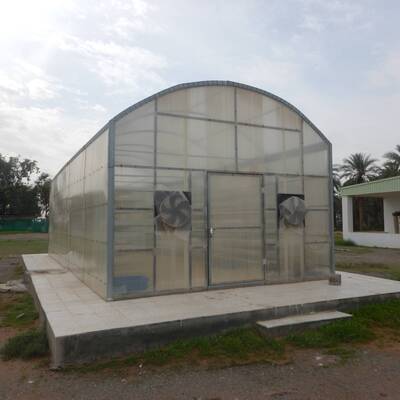
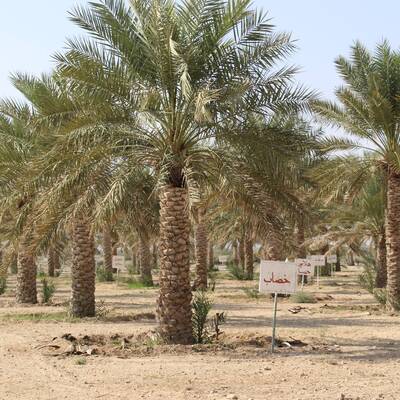
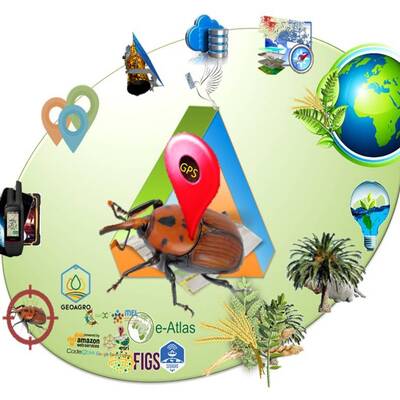
يهدف مشروع البحث والتطوير هذا إلى إنتاج معارف وممارسات جديدة لتحسين أنظمة إنتاج النخيل في منطقة الخليج
This research and development project aims to produce new knowledge and practices to improve date palm production systems in the Gulf region.
يهدف المشروع إلى: 1) تحديد المتطلبات الغذائية لتحقيق النمو الأمثل لنخيل التمر من خلال تحليل أنسجة الأوراق والتربة وإثبات الحاجة إلى استخدام المغذيات الدقيقة والصغرى. 2) تحسين ممارسات وإدارة حقول نخيل التمر من أجل شجرة قوية ذات غلة عالية وجودة أفضل للثمار عند الحصاد ؛ 3) تطوير أنظمة إدارة متكاملة ومستدامة وسليمة بيئياً للآفات تقلل من خسائر المحاصيل التي تسببها الآفات والأمراض الرئيسية وتزيد من جودة التمور وقيمتها السوقية ؛ 4) وضع بروتوكولات فعالة لإدارة ما بعد الحصاد ، بما في ذلك معالجة وتسويق واستخدام منتجات نخيل التمر ذات القيمة المضافة ؛ 5) لتجميع مجموعة من الأدوات لتمكين الباحثين والمرشدين والمزارعين من تبادل المعلومات والمعارف والخبرات المتراكمة ، وتعزيز المؤسسات الوطنية وقدرات الموارد البشرية وتعزيز نقل التكنولوجيا
The project aims to : define the nutritional requirements for the optimal growth of date palm through leaf tissue and soil analysis and establish the need to use macro and micro nutrients; to improve date palm field practices and management for a vigorous tree with a high yield and better fruit quality at harvest; to develop sustainable and ecologically sound integrated pest management systems that reduce crop losses caused by major pests and diseases and increase the quality and market value of the dates; to establish efficient post-harvest management protocols, including processing, marketing, and the use of a date palm value-added products; and to assemble a set of tools to enable researchers, extension workers, and growers to share the accumulated information, knowledge, and expertise, and strengthen national institutions and human resource capacity and enhance technology transfer.
إجراء البحوث والتطوير لخلق المعرفة والممارسات الجديدة لتحسين أنظمة إنتاج النخيل في منطقة الخليج من خلال السماح بتحسين إنتاجية الأصناف ، وإدارة الموارد الطبيعية (الأرض والمياه) لتحقيق الأداء الأمثل ، والاستفادة المثلى من استخدام المدخلات المختلفة في عملية الزراعة (الأسمدة ، الملقحات ، مياه الصرف الصحي ، إلخ) ، ودراسة التنوع الجيني لنخيل التمر
Conduct research and development to produce new knowledge and practices to improve date palm production systems in the Gulf region by allowing improvement of productivity of cultivars, management of natural resources (land and water) for optimal performance, optimization of use of different inputs in the cropping process (fertilizers, pollinators, wastewater, etc.), and studying the genetic diversity of date palms.
UPDATES
Major project milestones in 2020 included applying drone technology to monitor pests, applying new liquid pollination techniques, and post-harvesting monitoring and control. Liquid pollination resulted in cost reductions against conventional pollination methods of 80%, savings of 70% in pollen grains, and a profitability ratio of 1:9 when compared to conventional methods.
In 2021, the project focused on improving agricultural production systems and conserving natural resources affected by climate change through the development and demonstration of climate-smart technological packages. ICARDA held participatory demonstrations of water- and energy-saving practices for smallholder farmers across six target countries. These practices included the use of solar energy, net houses, hydroponic irrigation and root zone cooling.
In 2022, major milestones included working on screening indigenous flora of the Arabian Peninsula region to replace tropical fodder species used for forage production in the water-scarce desert areas. Collecting and identifying different forage species with heat tolerance and high-water productivity continued in the Lahej area in Yemen. In Oman, evaluating harvesting periods for panicum grass continued to assess the performance of two varieties under sprinkler irrigation using treated wastewater. 2022 also saw the progression of rangeland rehabilitation in Yemin and Kuwait; protected agriculture in Bahrain, Oman, Saudi Arabia and UAE; date palm production in Kuwait, Saudi Arabia, Qatar and UAE; and capacity development in Abu Dhabi, Bahrain, Oman and Saudi Arabia.
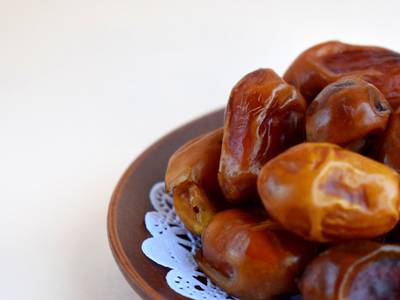
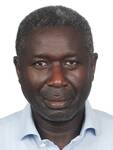

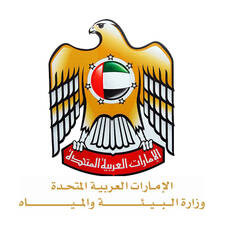

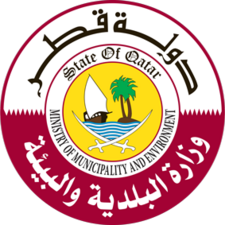


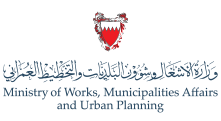
© 2026 International Center for Agricultural Research in the Dry Areas (ICARDA)